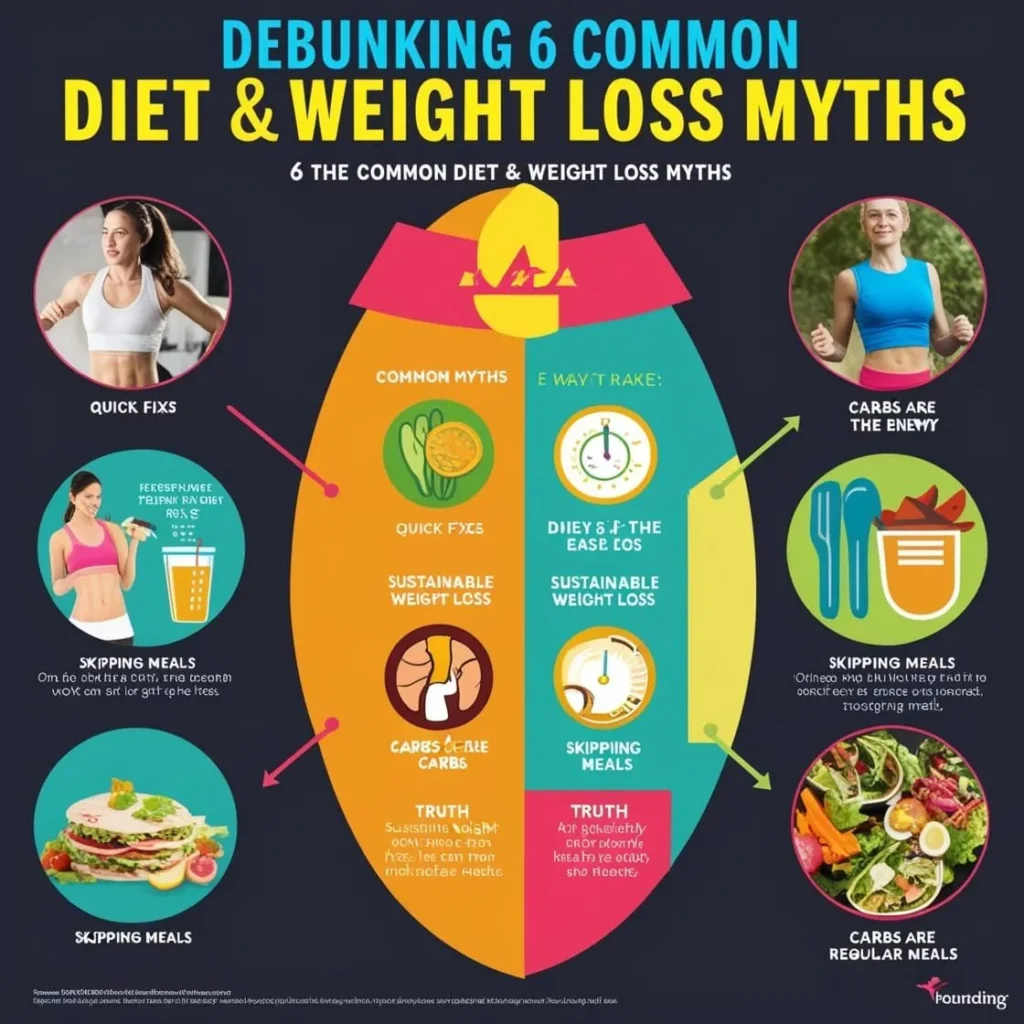The Truth About the Safety of the keto diet
The keto diet has gained immense popularity in recent years for its ability to help people lose weight quickly and effectively. This high-fat, low-carb diet has been touted as a solution for those looking to shed excess pounds, improve their overall health, and even boost their energy levels. However, with any diet trend, there are questions about its safety and potential risks. In this article, we will delve into the truth about the safety of the keto diet and address common concerns surrounding this popular eating plan.
What is the keto diet?
The ketogenic diet, or keto diet, is a high-fat, low-carb eating plan that has been around for decades. The goal of the diet is to put your body into a state of ketosis, where it burns fat for fuel instead of carbohydrates. By drastically reducing your carbohydrate intake and increasing your fat intake, your body switches from using glucose as its primary source of energy to using ketones.
The standard macronutrient breakdown of the keto diet is roughly 70-75% fat, 20-25% protein, and 5-10% carbohydrates. This means that you will be consuming foods like meats, fish, eggs, dairy products, nuts, seeds, and oils while avoiding high-carb foods like grains, fruits, starchy vegetables, and sugar.
Is the keto diet Safe?
The safety of the keto diet has been a topic of debate among health professionals and nutrition experts. While many people have seen success with the diet in terms of weight loss and improved health markers, there are potential risks and side effects that should be considered before embarking on a keto journey.
1. Nutrient Deficiencies: One of the main concerns with the keto diet is the potential for nutrient deficiencies. Because the diet restricts many high-carb foods that are rich in essential vitamins and minerals, it can be challenging to get all the nutrients your body needs. To mitigate this risk, it is important to focus on nutrient-dense foods like leafy greens, nuts, seeds, and fatty fish.
2. Increased Cholesterol Levels: Another concern with the keto diet is the impact it can have on cholesterol levels. Some studies have shown that the high fat intake on the keto diet can lead to an increase in LDL cholesterol, which is known as the “bad” cholesterol. However, it is important to note that not all LDL cholesterol is created equal, and some people may see an improvement in their cholesterol levels on the keto diet.
3. Kidney Stones: The keto diet has been linked to an increased risk of kidney stones, particularly in those who have a history of kidney problems. This is because the diet can lead to dehydration and an imbalance of electrolytes, which can contribute to the formation of kidney stones. It is important to stay well-hydrated and monitor your electrolyte levels while following the keto diet.
4. Keto Flu: When starting the keto diet, many people experience what is known as the “keto flu.” This is a collection of symptoms that can include fatigue, headache, irritability, and nausea as your body adjusts to using fat for fuel instead of carbohydrates. While these symptoms are typically temporary, they can be uncomfortable for some people.
5. Digestive Issues: Some people may experience digestive issues like constipation, diarrhea, or bloating when starting the keto diet. This is often due to the drastic change in dietary habits and can usually be resolved by increasing fiber intake, staying hydrated, and incorporating probiotic-rich foods into your diet.
FAQs
Q: Can I eat fruit on the keto diet?
A: While fruit is generally high in carbohydrates, there are some low-carb options that can be enjoyed in moderation on the keto diet. Berries like strawberries, blueberries, and raspberries are lower in carbs and can be included in small amounts.
Q: How long does it take to enter ketosis on the keto diet?
A: The time it takes to enter ketosis can vary from person to person, but most people can reach ketosis within 2-7 days of following a strict low-carb, high-fat diet.
Q: Is the keto diet safe for everyone?
A: The keto diet may not be suitable for everyone, particularly those with certain medical conditions like diabetes, kidney disease, or eating disorders. It is important to consult with a healthcare provider before starting any new diet plan.
Q: Can I exercise on the keto diet?
A: Yes, you can still exercise while following the keto diet. Some people find that they have decreased energy levels during the initial stages of the diet, but this typically improves as the body adapts to using fat for fuel.
In conclusion, the keto diet can be a safe and effective way to lose weight and improve your health when done correctly and under the guidance of a healthcare provider. It is important to consider potential risks and side effects and make informed decisions about whether the keto diet is right for you. By focusing on nutrient-dense foods, staying hydrated, and monitoring your health markers, you can safely navigate the world of keto and reap the benefits of this popular eating plan.

